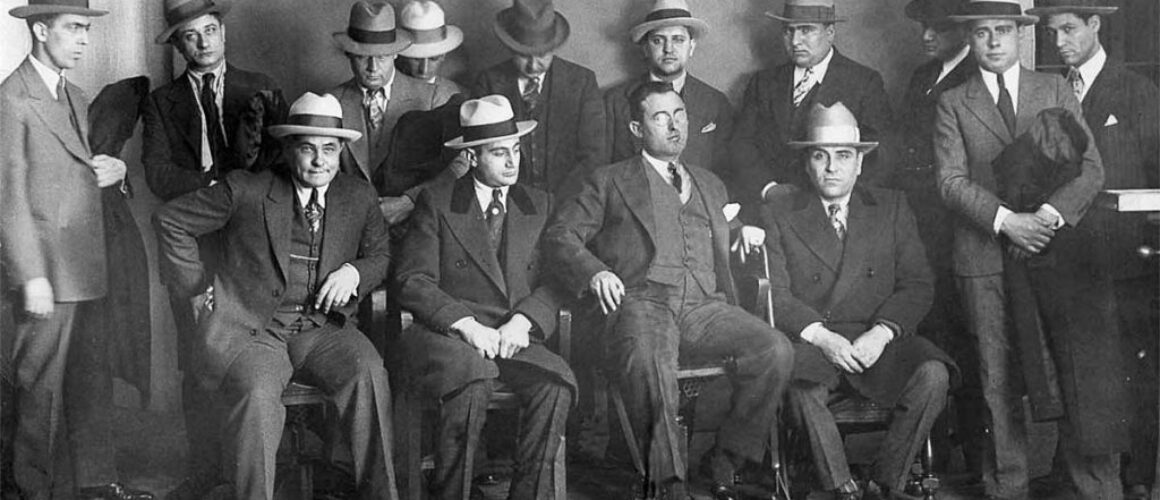Meet the Mafia of the Pharmaceutical Industry
With Mylan announcing the launch of their new Mylan Pharmacy program, more attention is hitting the middle men in the pharmaceutical industry, the pharmacy benefit managers (PBMs). Mylan’s new “solution” does nothing to address the sky rocking price of EpiPens and what has become known as “epigate.”
A handful of companies, along with Mylan, have seen their share prices shoot into the stratosphere on the backs of sick Americans and those managing chronic conditions and diseases.
This article from the American Pharmacy Purchasing Alliance lays out the situation:
The healthcare costs in the United States have steadily risen over the years. This has made it almost impossible for ordinary people to obtain early and ongoing medical attention, properly manage their health conditions, and stay away from serious illnesses and even death that could otherwise have been avoided. This increase can be attributed to many factors but, in terms of the rise of pharmaceutical costs, a lot of the blame can be piled on pharmacy benefit managers.
These organizations (which are better known as PBMs) were originally formed in the 1960s to help process the prescription transactions of health plans. Over the years, their scope has expanded to include other services. Now, many PBMs are in charge of creating and updating formularies, liaising with drug manufacturers and partner pharmacies, managing patient compliance programs, and doing other tasks.
On the surface, it would seem that pharmacy benefit managers are assisting employers and insurers in reducing their expenses while helping patients get the prescriptions they need at lower prices. But, if you look closer, you’ll realize that things aren’t what they really seem: the organizations that were designed to help people have transformed themselves into the PBM Mafia.
PBMs and Overcharging
Perhaps one of the most corrupt practices of the PBM Cartel is overcharging. PBMs have the power to instruct pharmacies on how much copay they should charge customers; if a PBM decides to charge sky-high copay, pharmacies can do nothing but obey. Customers, on their part, have no choice but to pay, just so they can have their prescriptions filled.
Earnings from copay don’t stay in pharmacies, though. Pharmacy benefit managers can take back a portion of the customers’ copay after they have determined how much they would pay the drugstores. Sometimes, pharmacies are left with enough money to enjoy a profit; other times, they’re left with barely enough to cover the cost of purchasing and dispensing the drug.
Other Dubious Practices
Aside from charging exorbitant copay amounts and underpaying pharmacies, the PBM Mafia can earn from many other ways. They can get huge discounts from drug manufacturers but refuse to pass on these savings to the insurers and patients. They can also reimburse pharmacies a certain rate for a certain type of drug, then charge employers and insurers a higher rate for the same drug—keeping the difference between the two amounts for themselves.
They can even accept deals from manufacturers to keep a certain drug on health plan formularies. Manufacturers usually need to pay a substantial amount to PBMs to push this deal through, but they can recoup this investment later on since customers under the health plan will be forced to buy their product. For the PBM Cartel and big pharma companies, it’s a win-win situation.
The PBM Mafia has the opportunity to pull these stunts simply because there are virtually no laws that regulate their actions. There are a few rules in place, but many companies simply find a way around them. Because of these, a lot of PBMs can include and exclude drugs from formularies whenever they want and change their pricing structure at will—leaving insurers, employers, and patients virtually helpless.
What Can We Do About It?
The Congress is currently looking into pharmacy benefit managers and will hopefully come up with laws that will regulate how these organizations behave. While waiting for these regulations, pharmacies, insurers, and employers can demand transparency from the PBM cartel they work with and perhaps even switch to smaller PBMs that charge a flat fee and have a transparent pricing model.
